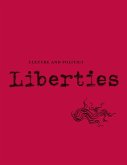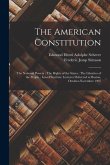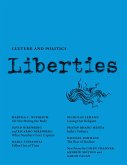Certain Liberties is an historical novel and the first book in the Emily Alden Trilogy. "In this historical novel set in the 19th century, a young woman of uncommon musical talent longs for the freedom that's typically reserved for men . . . The author masterfully sets the historical stage-the United States as it devolves into the Civil War-and she addresses the issue of slavery with nuance and rigor . . . a riveting storyline. Emily is a delightfully complex mix of defiance and prudence, as she learns early in life that "there's a very narrow line to negotiate between freedom and responsibility for women." . . . Stark's prose is reliably lucid and consistently faithful to the setting . . . An emotionally affecting and historically edifying tale." -Kirkus Reviews Author Interview Why do you write historical fiction? I love exploring stories from another era so I can learn more about my own. It's fascinating to see how lives and events are shaped by the social mores and political confines of the times. What is this trilogy concerned with for the most part? The impossible challenges for 19th Century women performers in music, and female violinists in particular; as well as dysfunctional families, betrayal and bravery, commitment and sacrifice, love and friendship, and the threat of technology as it races toward the industrial age. Why do you use some real people in with your fictitious characters? The people who lived at that time add a grounding to put the reader squarely in the mid-19th century to the beginning of the 20th. My readers have said they love learning more about history while enjoying the narrative and they look to my historical fiction to provide that. Why did you choose to write a trilogy starting in the mid-1800's and spanning three continents? From the Civil War to the ongoing European conflicts, and the striking advances of the Victorian era, the Trilogy spans an era arguably as dynamic as our current one. Covering that full timespan helps us to see our own in better perspective and is the best way to follow the full lives of the protagonists. How did you choose your protagonists? I didn't. They chose me. It is often the way with authors who write character-driven fiction that they start to see and hear certain characters in their imagination without knowing why. My curiosity drew me to follow Corey de Koningh and Emily Alden around in their mansion on Upper Fifth Avenue in New York to discover what made them who they seemed to be. For whom do you write? Almost everybody, but certainly those who take an interest in learning more about history in a thoroughly exciting and enjoyable way. The books are meticulously researched and that makes them appeal even more to those who want to learn something new. Why does the research for your books make them appeal to so many disparate readers? Their factual foundation and sensitive handling of concerns paralleling those of our day affecting immigration, class discrimination, and gender bias, to name but a few, makes them appealing to a broad audience. And the knowledge that there was a time not long ago when playing the violin was considered to be appropriate only for men was a great place to begin the learning.
Hinweis: Dieser Artikel kann nur an eine deutsche Lieferadresse ausgeliefert werden.
Hinweis: Dieser Artikel kann nur an eine deutsche Lieferadresse ausgeliefert werden.

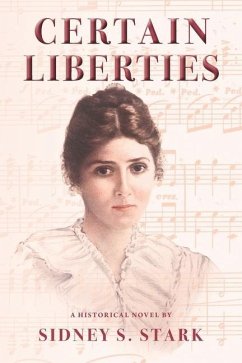
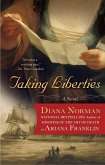
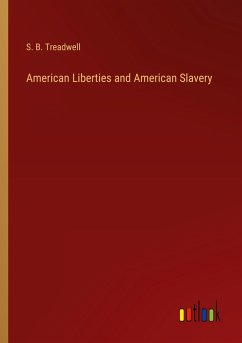
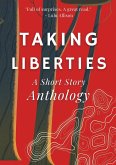
![Minutes of a Conspiracy Against the Liberties of America [microform] Minutes of a Conspiracy Against the Liberties of America [microform]](https://bilder.buecher.de/produkte/65/65585/65585602m.jpg)
